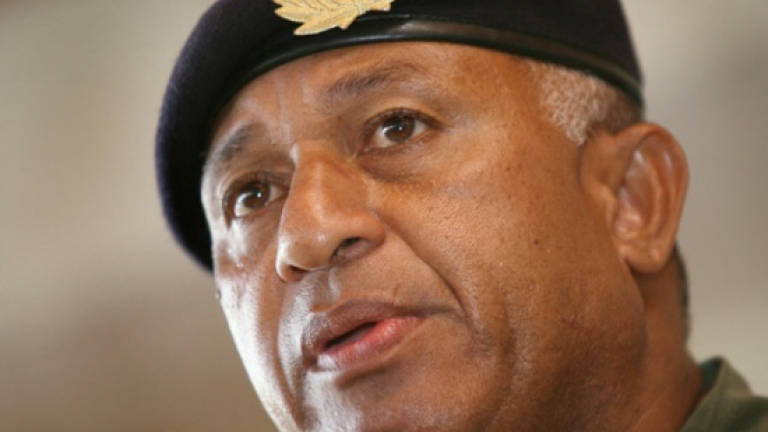'Ingrained culture of torture' in Fiji: Amnesty

SUVA, Fiji: An "ingrained culture of torture" has taken root among security forces in Fiji, an Amnesty International report released Monday claimed of the popular tourist destination.
Ten years after a 2006 coup brought commander Voreqe Bainimarama to power, the military remains in control of a justice system that allows torture and other ill-treatment to go unpunished, the report said.
It claimed uniformed officials in Fiji have inflicted severe beatings, rape and other sexual violence on victims, as well as highlighting attacks by police dogs and shootings.
"Not only do the security forces know that torture is taking place, they have stood in the way of accountability," said Kate Schuetze, Amnesty's Pacific researcher and author of the report "Beating Justice: How Fiji's Security Forces Get Away with Torture".
"While the Fijian authorities have ratified the UN Convention Against Torture and pledged to end this cruel practice, it will remain an empty gesture until decisive action is taken," she added.
Bainimarama, who became the elected prime minister of Fiji two years ago, admitted in a recent speech that the culture of "buturaki", or beating, was deeply ingrained in parts of the Fijian psyche.
"We have long had a culture in Fiji of people resorting to violence," he said.
"Whether it is against women in the home, instilling discipline in our children or the police attempting to extract confessions from criminal suspects."
Bainimarama said Fiji had never had a state-sanctioned policy of torture, but admitted to "isolated instances of individuals or groups from the disciplined forces acting in an undisciplined way and resorting to acts of torture and other forms of punishment".
Whatever may have occurred "in the relative turmoil of the past", human rights abuses of any kind were legally and morally unacceptable, he added.
Amnesty detailed five instances where it said people were beaten to death, succumbing to injuries sustained while in custody.
They included robbery suspect Vilikesa Soko, a 30-year-old father-of-three, who Amnesty said was "beaten, raped and killed" in August 2014.
It quoted a leaked autopsy report saying Soko died of a blood clot in his lung, caused by multiple traumatic injuries, including to his rectum and penis.
In January 2007, two people died from injuries after they were beaten by military officers.
In both cases, the officers served only one month of four-year sentences imposed.
"In Fiji, accountability for torture is the exception rather than the rule," Schuetze said.
"This amounts to a climate of near-impunity. It is the result of the fact that torture is poorly defined in law, immunity is granted, there are few legal safeguards, and there is no independent oversight." — AFP